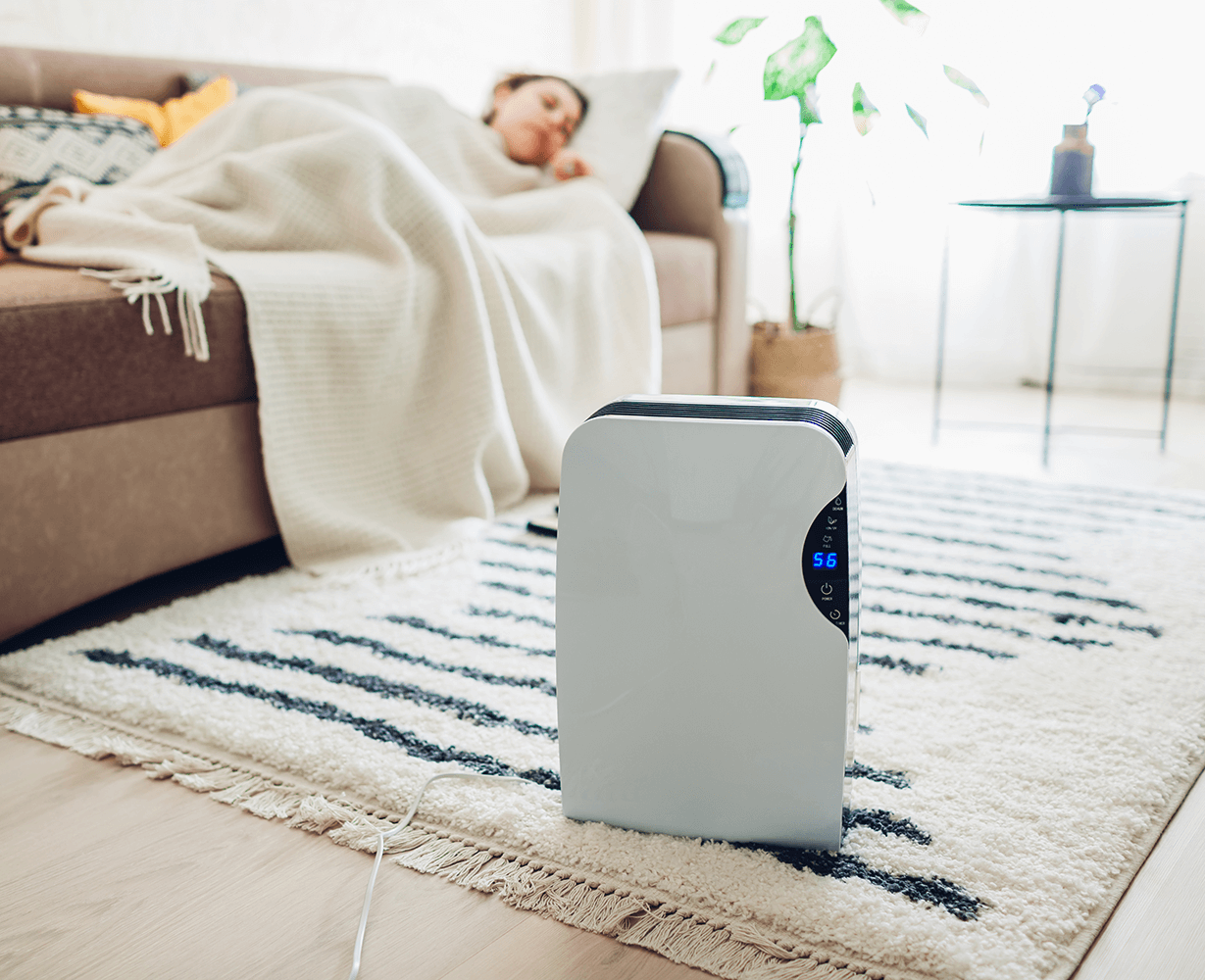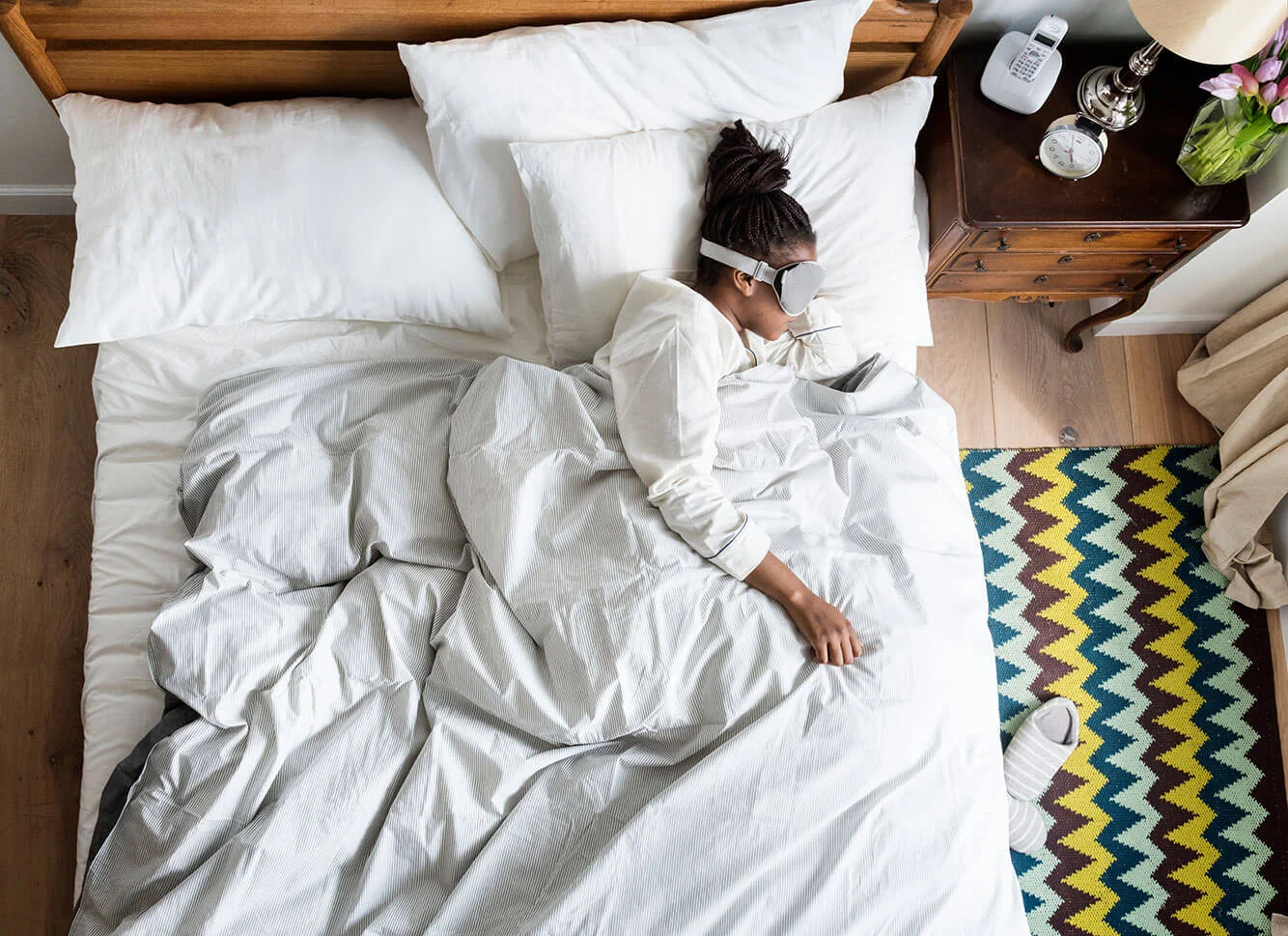Promising Sleep Studies Suggest We Learn When We Sleep
While sleeping may seem like a rather passive activity that we all do every day—and one that is all about resting and recharging, there is a great deal of research out there to suggest that a lot more goes on in our brains while we sleep than most of us think.
There is still a lot of research that needs to be done on on all things sleep related, but one of the most promising studies on sleep indicate that we may actually be able to learn while we sleep.
The concept of sleep learning has been discussed for many years, and there has been a great deal of research put into how we process information while we rest. Can we really learn something new while we sleep? Unfortunately, the answer isn’t really cut and dry, but if you take a look at the connection between sleeping and learning you may be surprised by what all we can retain while we rest and how important sleep can be to the overall learning process.
Sleep Learning
Learn while you sleep
When a lot of people hear the term “sleep learning” they may think about picking up a new skill or learning something like a new language all from scratch, all while they sleep.
The concept seems pretty amazing after all—and a great way to really get the most out of those eight hours per night. Unfortunately, this is not how sleep learning works. While our brain is working while we sleep, it is not possible to simply pick up and learn something completely new while we rest.
We do have some pretty impressive memory skills while we sleep that we can put to work in our favor.
This all goes back to a study performed by German psychologist Rosa Heine in 1914. During her extensive work on sleep and memory—she learned that sleep is very important in our long-term memory skills. And basically, sleep will help us better retain something we already learned during the day.
Her research also found that if we try to learn something new right before bed, and then sleep, we have a better chance of retaining more of what we were learning at this time. Simply put—if you were studying for a test, you would theoretically retain more, if you studied right before you went to bed.
Learning and Sleep
After this study was published, there was a few decades of “fad” devices and studies that tried to stretch this natural ability into something more miraculous.
Many started claiming and even selling products that would help you learn something new by listening to audio recordings while you sleep. We now know that that type of learning is not possible.
There has been some new developments in the world of “sleep learning” that suggest that the brain really is getting to work while we sleep. Simple put, we are able to absorb information we’ve already learned or formed some simple new memories while we sleep at night.
This is all very simple “learning” and isn’t complex enough to really grasp something new—but it has opened up some new doorways for the ways that we may be able to use this sleep activity to our advantage.
Foreign Words
Learn language while you sleep
One of the biggest questions that people tend to have about sleep learning is “will I be able to learn a new language while I sleep?” It’s a pretty common question, as learning new languages is one of the more difficult and time-consuming things that many of us try to learn.
In studies regarding sleep and sound associations, it was discovered that people could pick up certain words of foreign languages while they sleep.
In one sleep study, researchers gave completely made up names to everyday words and in the morning, it was discovered that many of the participants knew what those words were. While researchers found this may have been a very specific type of memory recall—that definitely merits more research, it doesn’t exactly mean you can learn Mandarin overnight.
With consistent exposure to a foreign language in the middle of the night, you may be able to pick up on different basic vocabulary words, even tone and simple types of grammar while you rest. It is similar to the way you subconsciously start to pick up new languages just by being around that language. However, the ability to learn language in this way while you sleep is much slower and subtler than it would be if you were awake.
Foreign Language and Sleep
Another thing to keep in mind, is that studies on this topic also found that while exposure to language can help you pick up on some words and phrases, it can disrupt sleep function, and not only cause disruptions in the sleep, but negatively impact your quality of sleep so much that you may not retain information you learned while awake the day before.
Simply put, if you are trying to learn a new language both day and night, you may be giving up more than you are learning by playing a foreign language in your ear while you sleep.
Musical Skills
Improve music skills while sleeping
Musical skills are another thing that can be very difficult to learn and something that can take a great deal of time to master. While you may not be able to magically be able to carry a tune, just by listening to something while you sleep—there have been some interesting studies done on sleep and learning musical skills.
In this study, a researcher taught a group of people how to play a simple guitar melody using the same technique the popular game Guitar Hero uses to teach players. After learning the rift, all participants were able to take a nap.
During these naps, one group of study participants was played the melody they learned while they slept. The other group was not. When they woke up—they were asked to play the melody they had learned earlier. And the group that had their new melody playing while they slept performed much better than the other group.
So, while no one was necessarily learning a new instrument simply by sleeping—this study did prove that wha we listen to while we sleep can help us with retention.
Where You Placed Something
Where You Placed Something
A lot of “sleep learning” studies have been all about associations. In fact, there are many people who use this science as a way to break bad habits—by associating the things they crave (i.e. cigarettes) with something they don’t like (i.e. a skunk smell) while they sleep.
There is still some further research to be done on that topic—but it has brought up an interesting idea. That we can help form associations while we sleep. This is a pretty simple form of conditioning and one that can be applied to a more positive situation.
One study used a musical tune to help people remember where they set something—and while the study didn’t show us all a way to remember where we put our car keys, just by taking a nap—it did prove there can be associations with our memory when cues are played while we sleep.
Protect Special Memories
Protect Special Memories
There has been a lot of research over the past several decades on how we recall important memories. One of the biggest discoveries over these past few years has been on how sound is associated to memory—even finding that those who listen to a certain sound that was played when they formed a memory were better able to recall it.
Studies on this sound and memory recall have even included memory recall during sleep—finding that those who listened to memory-forming sounds when they slept were able to better recall those memories later when they woke up.
This study once again proved that while our brains may not be working in the same way while they sleep, they are still retaining information and still responding to stimuli, such as sounds even when they “shut off” for the night.
If you have a song or a sound that has a strong correlation to a special memory of yours, you may be able to better protect that memory by listening to that sound while you sleep.
Sleep and Memory
Sleep and Memory
As we’ve already touched on, there is a strong association between sleep and memory. Sleep research is notoriously difficult to perform, but scientists are still engaging in many studies and learning new information and associations every day.
One of the most impressive things that sleep studies have uncovered is that sleep can really help with memory retention.
In fact, many of the anecdotes we talked about earlier had a lot more to do with memory than they did with learning. Some of the latest discoveries on sleep and memory found sleep is an essential component in memory retention.
So, while in a way we are learning while we sleep, a lot of this impressive research all comes down to the fact that we are taking advantage of the “memory” part of learning while we rest.
Improve memory while sleeping
More specifically, we are consolidating information while we sleep. If you break “learning” down into three parts it would be:
Acquisition: Acquiring a new skill of piece of knowledge.
Consolidation: Helping that new piece of information or new skill stick.
Recall: Being able to recall or access what you learned later on.
This research suggests that while we acquire new information while we are awake, we actually consolidate that information, or process it in our brains while we sleep. Then, we recall that information later on once we are awake—which is why the sleep part of learning is so important. So, if you are trying to learn something new, you can really benefit from a good’s night sleep.
If you aren’t too busy trying to see if you can pick up new words while you snooze—sleeping after attempting to learn a new skill or idea can give your brain time to consolidate what you’ve learned so you can recall it later on.
The More You Know About the Importance of Sleep The Better The Sleep Quality Will Be
We spend a lot of our lives sleeping. In fact, the average adult will spend about 1/3 of their life asleep, so it is very refreshing to know that during that time we aren’t just “shutting off” we may be learning while we sleep.
Our brains are doing a great deal including how we function and learn. While we may not technically be learning something brand new from scratch, we are still processing information while we rest. The more you know about the important role that sleep can play in our ability to learn and to form memories—the better. If you have more questions about how you sleep at night or if you are looking for professional advice on better sleep tactics—contact you doctor for more information on your sleep habits.
Lisa Czachowski is a professional social blogger and has worked on several online publications including Citrus Sleep. Lisa is an experienced content writer and copyeditor. You will find many of her works throughout CitrusSleep.com that cover a wide array of subjects including sustainability, natural, sleep products, health, fashion and many more. She is passionate about what providing as much information as possible on products you bring in your home and what we wear.
Follow Lisa at Lisa Czachowski





















